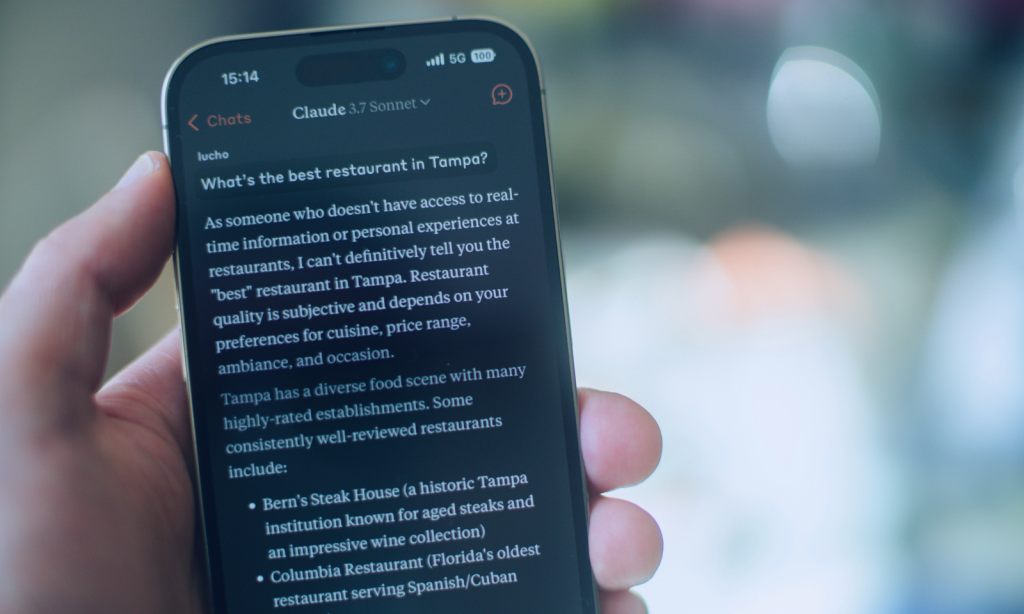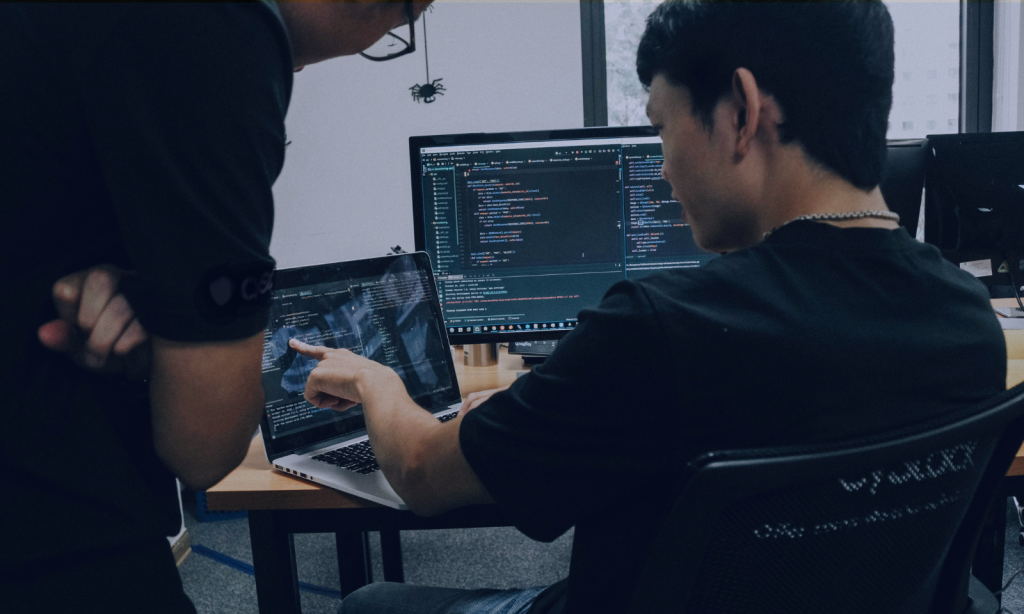
Table of contents
Table of contents
“Since the Vancouver police use predictive modelling to fight crime, it is a great city to gather crime prediction experts and confront theory with practice” says Patryk Miziuła, data scientist and lead instructor at deepsense.ai. Miziula is slated to be a panelist at the Joint Statistical Meetings 2018 conference held in Vancouver on July 28 – August 2.
Crime forecasting is usually associated with the film “Minority Report”, based on Philip K. Dick’s short story. It depicts a dystopian vision of people convicted of a crime before actually committing it. In the story, information about potential killers or burglars comes from “precogs”, people with precognition talents who saw the future crimes.
“Fortunately, statistical data collected by the police, surveillance systems and municipal services is enough to build a system that can predict the probability of crimes in the area,” says Miziuła. “deepsense.ai prepared such a system for Portland, Oregon and we see a similar solution working efficiently every day in Vancouver”.
Reaching for PreCrime
The Vancouver crime prediction system was introduced in August 2017, following six months of testing in 2016. The pilot ran from April 1 to September 30, when people tend to go on vacation and leave their houses vulnerable to burglaries. During the testing time police recorded a 27% drop in break-ins due to the better distribution of police patrols. According to Vancouver Police Department data, the total crime rate in the city decreased slightly (-1,5%) in 2016-2017, with the burglary rate falling the most (18.4%). The crimes are predicted by a machine learning model, which analyzes the data collected by the city police department and looks for patterns in crimes. “Machine learning is currently the best tool to handle the massive amounts of data generated on crime. The experiment we did in Portland showed that bad neighborhoods tend to remain bad and crimes usually occur within close proximity. Given that, statistics and machine learning are great tools not only for predicting crime, but also for spotting the problem areas and inspire other public services to act. If vandalism is common in the district, maybe it is not only a matter of crime, but also suggests the need to implement social policy”, Miziuła explained. Further details of the experiment, the results and the technology used in the Portland predictive model are described in a blog post on deepsense.ai’s blog. The experiment will also be described during the upcoming Joint Statistical Meetings 2018 conference held in Vancouver on July 28 – August 2.Datagazers
The model was built for a US National Institute of Justice competition. The crimes were split into a few categories – burglary, car theft and street crimes including assaults, robberies and shots fired. To predict the place and time a crime would probably occur, the Institute provided historical data with all the crimes registered in Portland between March 2012 and February 2017. deepsense.ai researchers fed the data to its machine learning model, which analyzed the dataset. “During my speech I will discuss the details of our solution and show how statistics is the best fuel for machine learning techniques,” Miziuła says. “We are essentially datagazers, who can see the future by looking at data, rather than the stars”. “Vancouver provides a great environment for a conference with crime forecasting on the agenda. Not only is it a really safe city, but also gave us the opportunity to prove just how efficient these technologies are” concludes Miziuła.###
About deepsense.ai:
Media contact:
deepsense.ai trademarks at boilerplate





